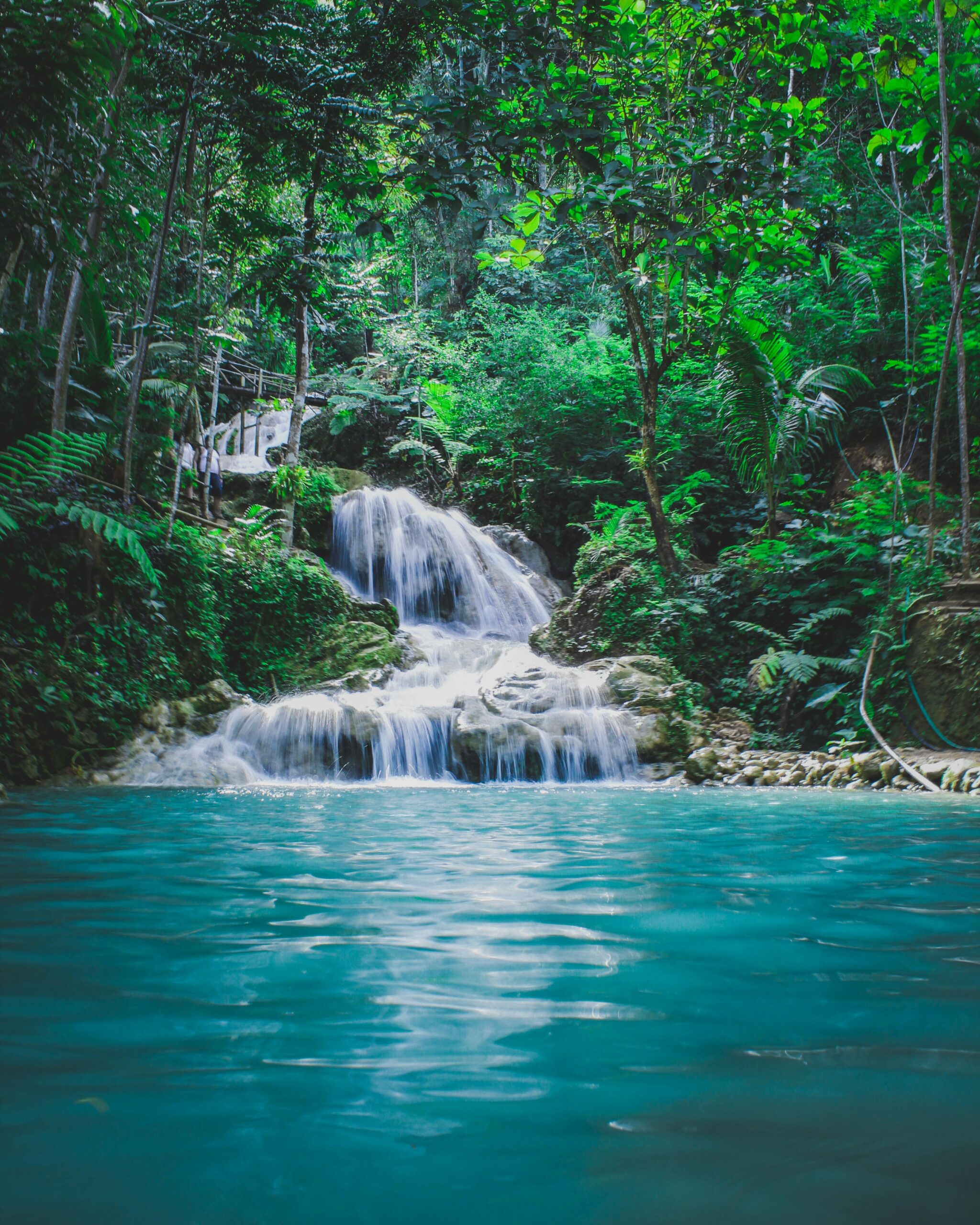Water conservation is an essential practice that helps us preserve our most valuable resource. With increasing concerns about water scarcity and environmental sustainability, it is crucial for individuals and communities to adopt measures to conserve water. In this blog article, we will explore effective tips and strategies to help you conserve water in your daily life. By following these simple yet impactful practices, you can contribute to a more sustainable future and ensure the availability of this precious resource for generations to come.
The Importance of Water Conservation
Water conservation plays a vital role in preserving our planet’s ecosystems and ensuring the availability of clean water for future generations. By conserving water, we can mitigate the impact of droughts, protect aquatic habitats, and reduce the energy required for water treatment and distribution.
1. Water Scarcity and Increasing Demand
Water scarcity is a growing concern worldwide, with many regions already experiencing water stress. Factors such as population growth, urbanization, and climate change contribute to the increasing demand for water. Conserving water helps alleviate the strain on water resources and ensures their sustainable use.
2. Preserving Aquatic Ecosystems
Water conservation is crucial for protecting and preserving aquatic ecosystems, including rivers, lakes, and wetlands. These ecosystems support a diverse range of plant and animal species, and their conservation is essential for maintaining biodiversity and ecological balance.
3. Energy Efficiency
Water conservation also goes hand in hand with energy conservation. Producing and distributing clean water requires significant energy inputs. By reducing water usage, we can lower the energy requirements for water treatment, pumping, and heating. This, in turn, leads to a reduction in greenhouse gas emissions and contributes to a more sustainable energy future.
Practical Tips for Water Conservation
Conserving water doesn’t have to be complicated or inconvenient. By implementing simple changes in your daily routines and adopting water-efficient practices, you can make a significant impact on water conservation. Here are some practical tips to help you save water:
1. Fix Leaks and Drips
A dripping faucet or a leaking pipe can waste a substantial amount of water over time. Regularly check your plumbing fixtures for leaks and repair them promptly. This simple step can save gallons of water and reduce your water bill.
2. Install Water-Efficient Fixtures
Replace old, inefficient fixtures with water-saving alternatives. Install low-flow showerheads, faucets, and toilets to reduce water usage without compromising performance. These fixtures are readily available and can significantly reduce water consumption in your household.
3. Optimize Outdoor Water Usage
When watering your garden or lawn, do it during the early morning or late evening hours to minimize evaporation. Use a drip irrigation system or a soaker hose instead of a sprinkler to deliver water directly to the roots of plants. Mulching around plants can also help retain moisture in the soil.
4. Collect and Reuse Water
Collect rainwater in barrels or tanks to use for watering plants or cleaning purposes. You can also reuse greywater from activities such as dishwashing or laundry to water plants. Ensure that the water is safe for reuse and follow local regulations and guidelines.
5. Be Mindful of Indoor Water Usage
Turn off the tap while brushing your teeth or lathering your hands with soap. Use the dishwasher and washing machine only when you have a full load, as these appliances consume a significant amount of water. Small changes like these can have a big impact on conserving water.
Water Conservation in Public Spaces
Water conservation is not limited to individual actions; it is equally important to implement water-saving measures in public spaces. Here are some initiatives that can promote water conservation on a larger scale:
1. Efficient Irrigation Systems
Public parks, gardens, and sports fields often require regular watering. By implementing efficient irrigation systems such as drip irrigation or smart sprinklers, water usage can be optimized. These systems can be programmed to water during non-peak hours and adjust based on weather conditions, reducing water waste.
2. Water-Responsive Landscaping
Designing public landscapes with water-responsive principles can significantly reduce water consumption. Planting native and drought-tolerant species that require less water and using mulch to retain moisture in the soil can help minimize water needs for landscaping.
3. Education and Awareness Programs
Raising awareness about the importance of water conservation through educational programs can inspire behavioral changes in the community. Workshops, campaigns, and informational materials can provide valuable insights and practical tips for water-saving practices.
4. Water Audits and Leak Detection
Conducting regular water audits in public buildings and facilities can help identify areas of excessive water usage and leaks. Implementing leak detection programs and promptly addressing any issues can lead to substantial water savings.
5. Reclaimed Water Systems
Incorporating reclaimed water systems in public spaces can help reduce reliance on freshwater sources. Greywater or treated wastewater can be used for non-potable purposes such as irrigation, flushing toilets, or cleaning streets.
By implementing these water conservation initiatives in public spaces, communities can demonstrate their commitment to sustainable water management and inspire others to follow suit.
The Benefits of Water Conservation
Water conservation not only helps address immediate water scarcity issues but also brings about numerous long-term benefits for individuals, communities, and the environment. Here are some key advantages of practicing water conservation:
1. Resource Preservation
Conserving water ensures the preservation of this finite resource for future generations. By using water efficiently and responsibly, we can help prevent water scarcity and secure water availability for essential needs like drinking, sanitation, and agriculture.
2. Cost Savings
Water conservation can lead to significant cost savings for individuals, businesses, and municipalities. By reducing water consumption, we can lower water bills, maintenance costs for water-related infrastructure, and even save on energy expenses associated with water treatment and distribution.
3. Environmental Protection
Efficient water use can have positive environmental impacts. By reducing the amount of water extracted from rivers, lakes, and underground sources, we can maintain healthy aquatic ecosystems and protect wildlife habitats. Moreover, by reducing energy consumption for water treatment, we can lower greenhouse gas emissions and contribute to mitigating climate change.
4. Enhanced Resilience to Drought
Water conservation measures can help communities become more resilient to drought conditions. By implementing water-efficient practices and technologies, we can stretch available water supplies during times of scarcity and minimize the economic and social impacts of drought.
5. Promotes Sustainable Development
Water conservation is an integral part of sustainable development. It aligns with the United Nations’ Sustainable Development Goals, particularly Goal 6: Clean Water and Sanitation. By conserving water, we contribute to the overall sustainability of our communities and strive towards a more equitable and resilient future.
By recognizing these benefits and taking action to conserve water, we can collectively make a positive impact on our planet and ensure a more sustainable and secure water future.
Conclusion: A Call to Action for Water Conservation
Water conservation is a responsibility we all share. By implementing water-saving practices in our daily lives, promoting efficient water use in public spaces, and raising awareness about the importance of water conservation, we can create a significant impact on preserving this precious resource.
Embracing a Sustainable Mindset
Conserving water goes beyond individual actions; it requires a collective effort. Embracing a sustainable mindset involves making conscious choices to reduce water waste, adopting water-efficient technologies, and supporting policies and initiatives that promote responsible water management.
Collaboration and Education
Collaboration between individuals, communities, businesses, and governments is crucial for achieving meaningful water conservation goals. By working together, we can develop innovative solutions, share best practices, and support educational programs that empower people to make informed decisions about their water usage.
A Brighter Future with Water Conservation
As we face growing water scarcity challenges and the need for environmental sustainability, water conservation emerges as a vital solution. By conserving water today, we can ensure a brighter future where clean, accessible water is available to all and ecosystems thrive.
Let us commit ourselves to the cause of water conservation, not only for our own benefit but for the well-being of future generations. Together, we can make a difference and create a more sustainable world—one drop at a time.
In conclusion, water conservation is a crucial practice that holds immense importance for our planet’s sustainability. By implementing simple yet effective measures to reduce water usage in our daily lives, we can contribute to mitigating water scarcity, protecting ecosystems, and promoting a more sustainable future. Additionally, adopting water-efficient practices in public spaces, raising awareness, and collaborating on conservation efforts can further amplify our impact. Let us all embrace the responsibility of conserving water and work together to ensure the availability of this vital resource for generations to come.

